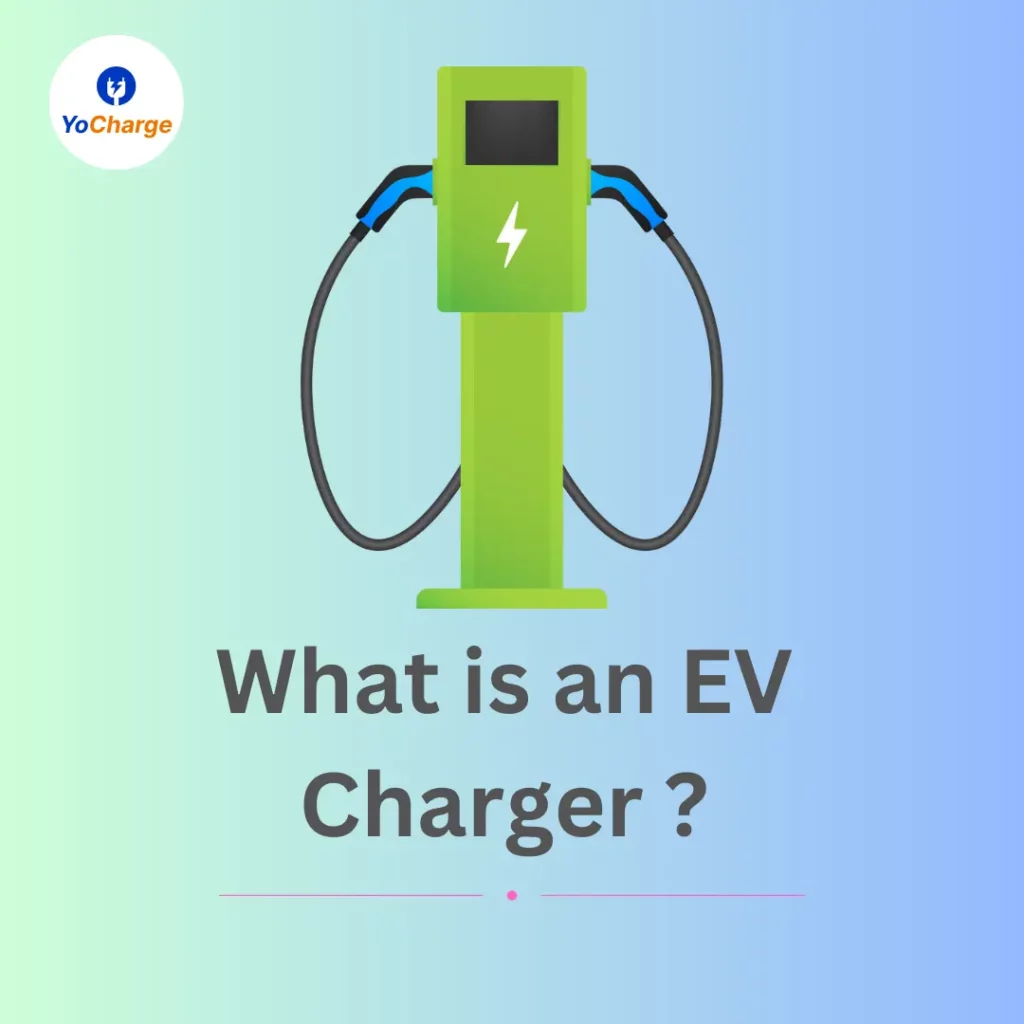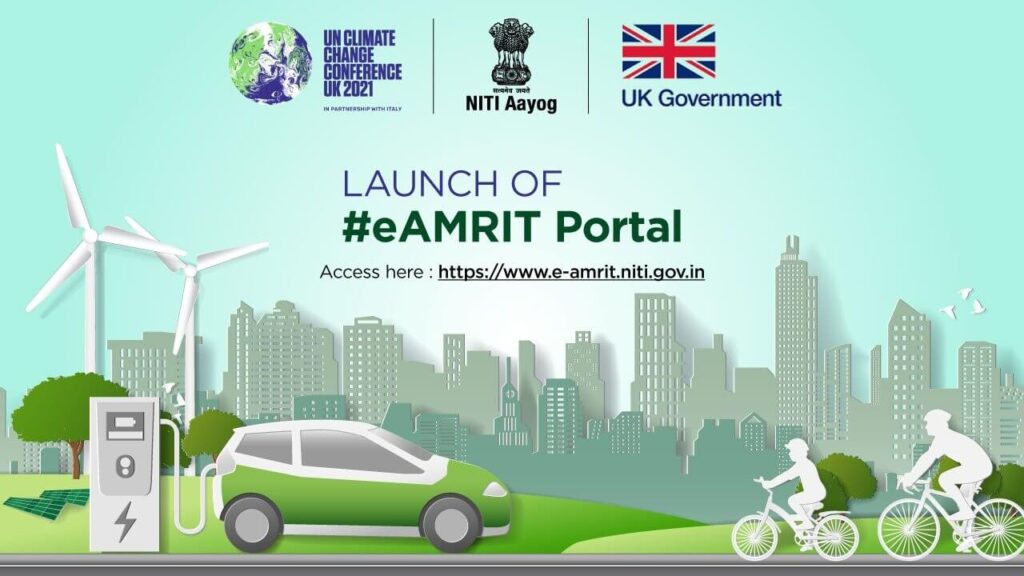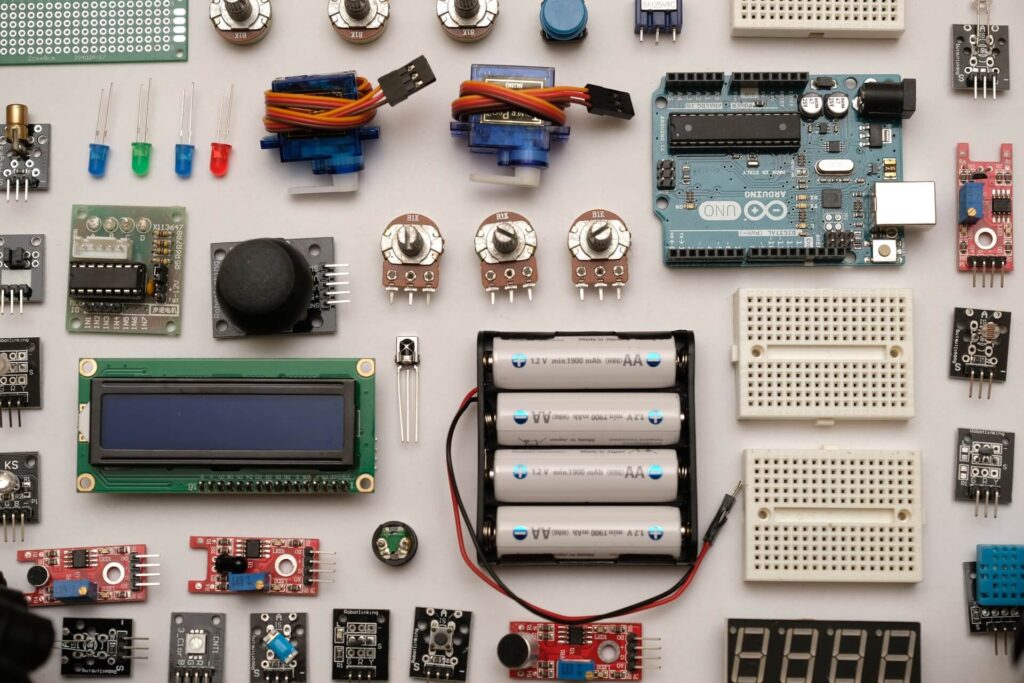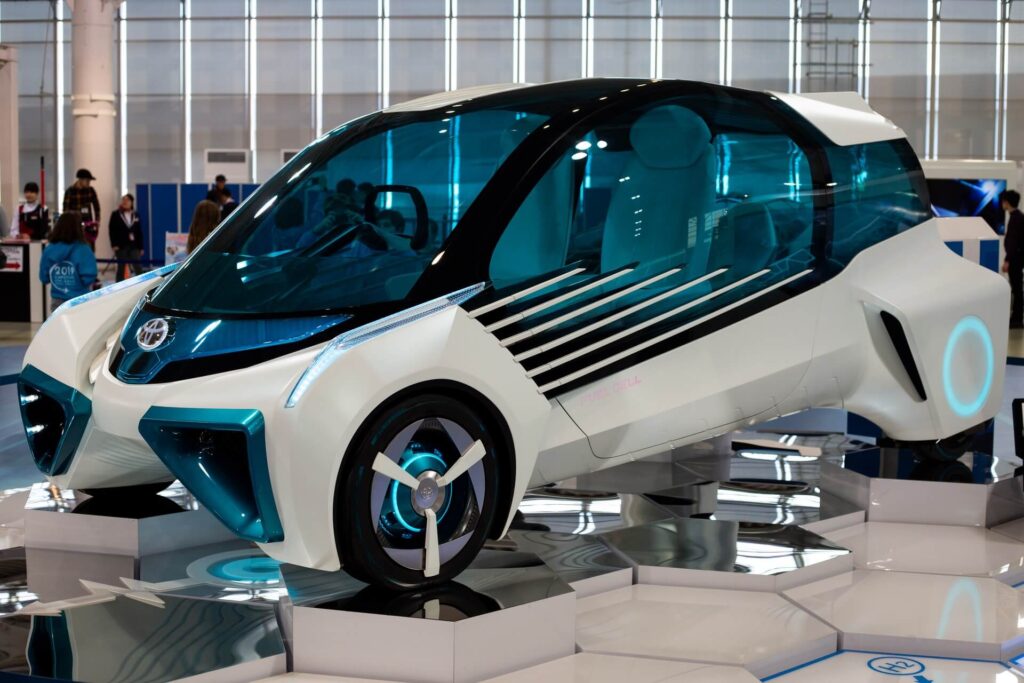
Hydrogen and electric cars are eco-friendly and do not use any non-renewable sources of energy. This helps in reducing greenhouse gas emissions. Both of these pave the way to sustainable mobility. Let us discuss about the key differences between hydrogen and electric cars.
Hydrogen cars and Electric cars
A lithium-ion battery powers an electric car’s motor, which in turn powers the vehicle’s different components. By connecting to the power grid, the batteries can be recharged. A regenerative mechanism can be used by some electric cars to recharge it’s battery.
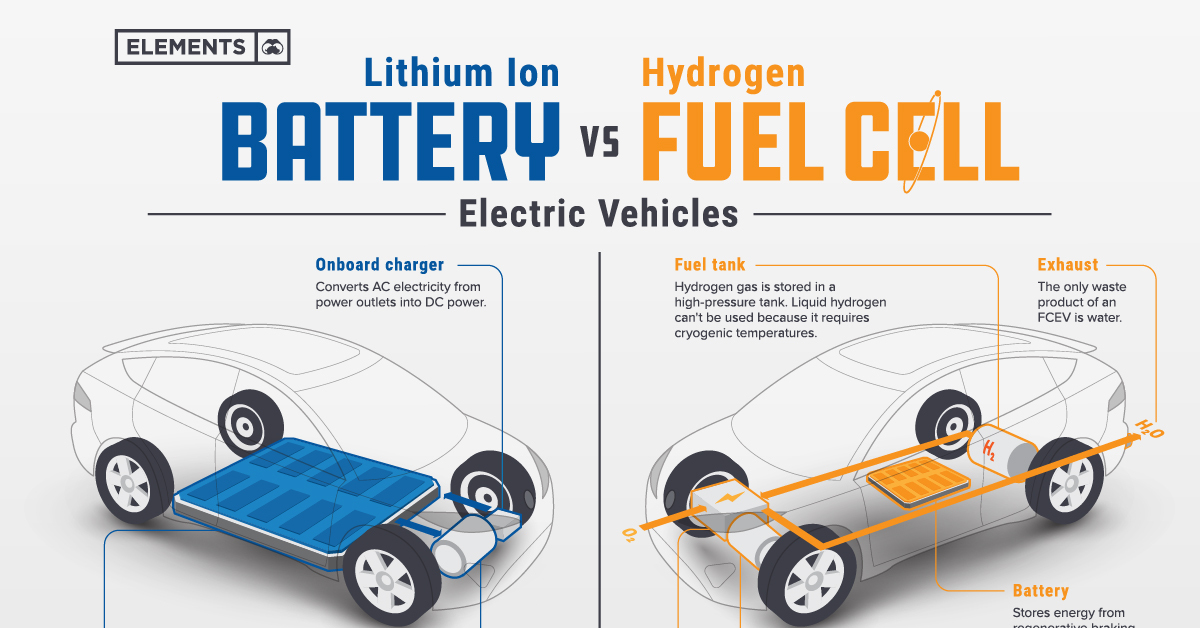
Electric motors in hydrogen cars are also powered by hydrogen fuel cells, which enable hydrogen to chemically combine with oxygen to produce energy and water vapor. While the engine is being powered by electricity, harmless water vapor is released into the atmosphere.
Key differences between hydrogen cars and electric cars
Depending on the mechanism of working and different components used in both of these cars, there are some key differences between hydrogen and electric cars:
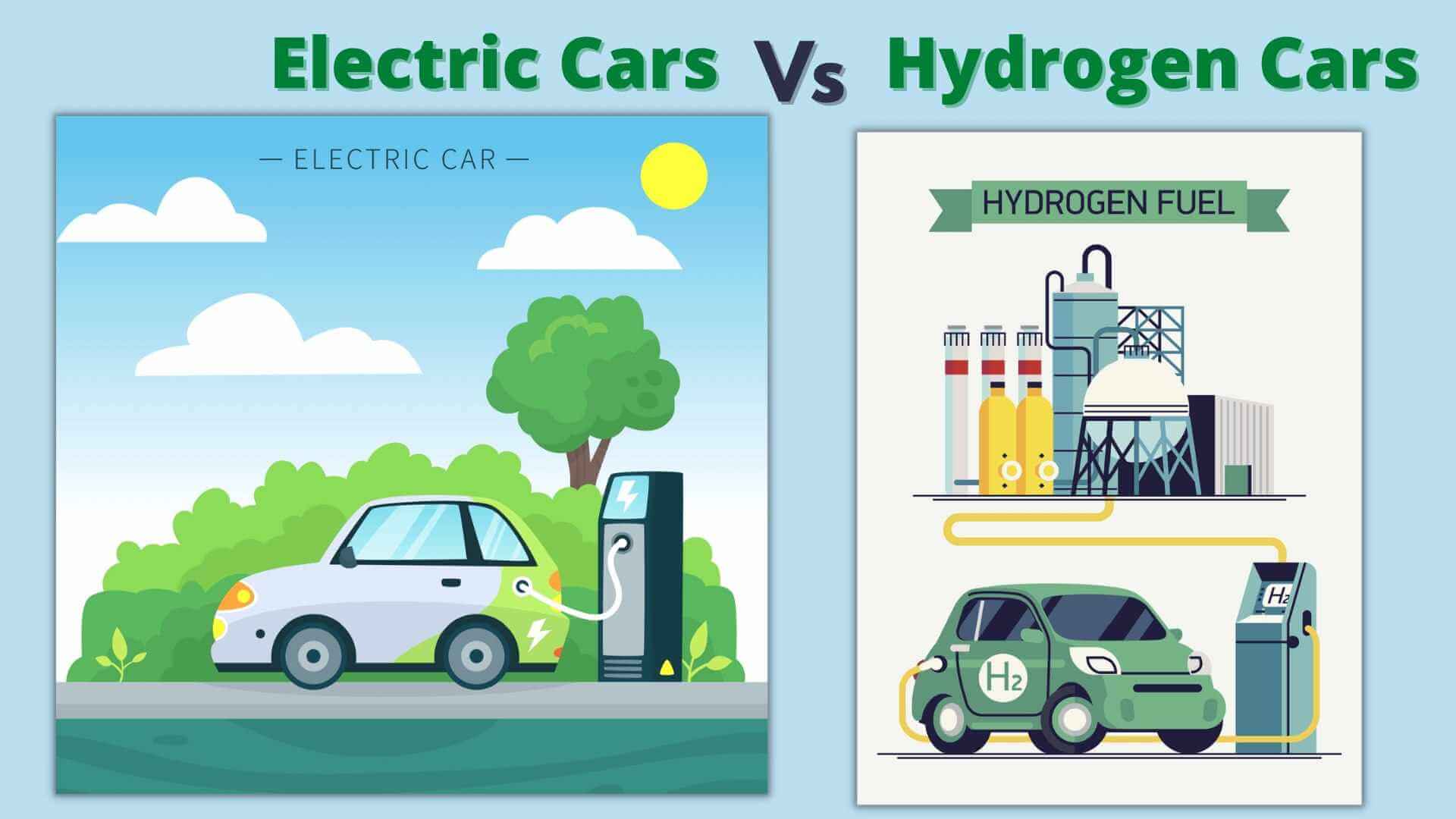
1. Range
The range of an electric car greatly varies depending on the model you choose. The Nissan Leaf Acenta, which is less expensive, has a real-world range of 150 miles compared to the more expensive Tesla Model S Long Range’s range of 375 miles. Vehicles powered by hydrogen fuel cells have longer ranges and refuel faster as well. For instance, the Hyundai Nexo can travel 414 miles on a single fill-up, taking much less time than the hours it can take to recharge an electric car.
2. Cost
Depending on the specific model and manufacturer, buying an electric car might be expensive, even with government assistance to support consumers and drive down prices. As mentioned above, the range a model offers increases with price. Hydrogen cars are much expensive that electric cars. The number of hydrogen cars available in the market is low. Hence, the cost of one hydrogen car is comparable to that of a premium electric car.
3. Safety
Lithium-ion batteries in electric vehicles may overheat or overload, which could be harmful. By controlling temperatures and employing multiple groups of smaller batteries to prevent overcharging, vehicle manufacturers have been attempting to address these problems.
Due to the highly flammable nature of hydrogen gas, which burns in air at concentrations ranging from 4 to 75 percent, safety has been considered as a major concern for hydrogen fuel cells. But manufactures have made several advancements to ensure there is no leakage from the fuel tanks. Hydrogen(1) is harmless unless it is allowed to accumulate in large quantities in enclosed areas since it diffuses directly up into space at a rate of 20 mph because it is lighter than air.
4. Charging Station Availability
In addition to costing more than many electric vehicles, hydrogen fuel cell vehicles also have a significantly smaller infrastructure for refueling, with fewer refueling stations. While electric vehicles already have hundreds of charging stations located all over the world, the absence of facilities for hydrogen-powered vehicles currently represents a significant disadvantage.

5. Emissions
The exhaust of both of the cars have zero-emissions. Lithium-ion battery production requires a lot of energy, and when combined with emissions from charging, a 100kWh battery emits an average of 124g of CO2 every mile. The production of hydrogen fuel cells also requires a lot energy. The Toyota Mirai’s fuel cell stacks equating 120g of CO2 per mile, though this can be significantly decreased if the hydrogen is created using renewable energy.
| Electric cars | Hydrogen cars | |
| 1. Range | Range depends on cost and model | Range provided is more |
| 2.Cost | Cost is much less than hydrogen cars | Much expensive |
| 3.Safety | Overcharging of batteries are a risk | Hydrogen gas is highly flammable |
| 4.Charging station availability | Many stations are available | Less number of stations are available |
| 5. Emissions | Battery production and charging emits CO2. | Production of hydrogen fuel emits CO2 |
